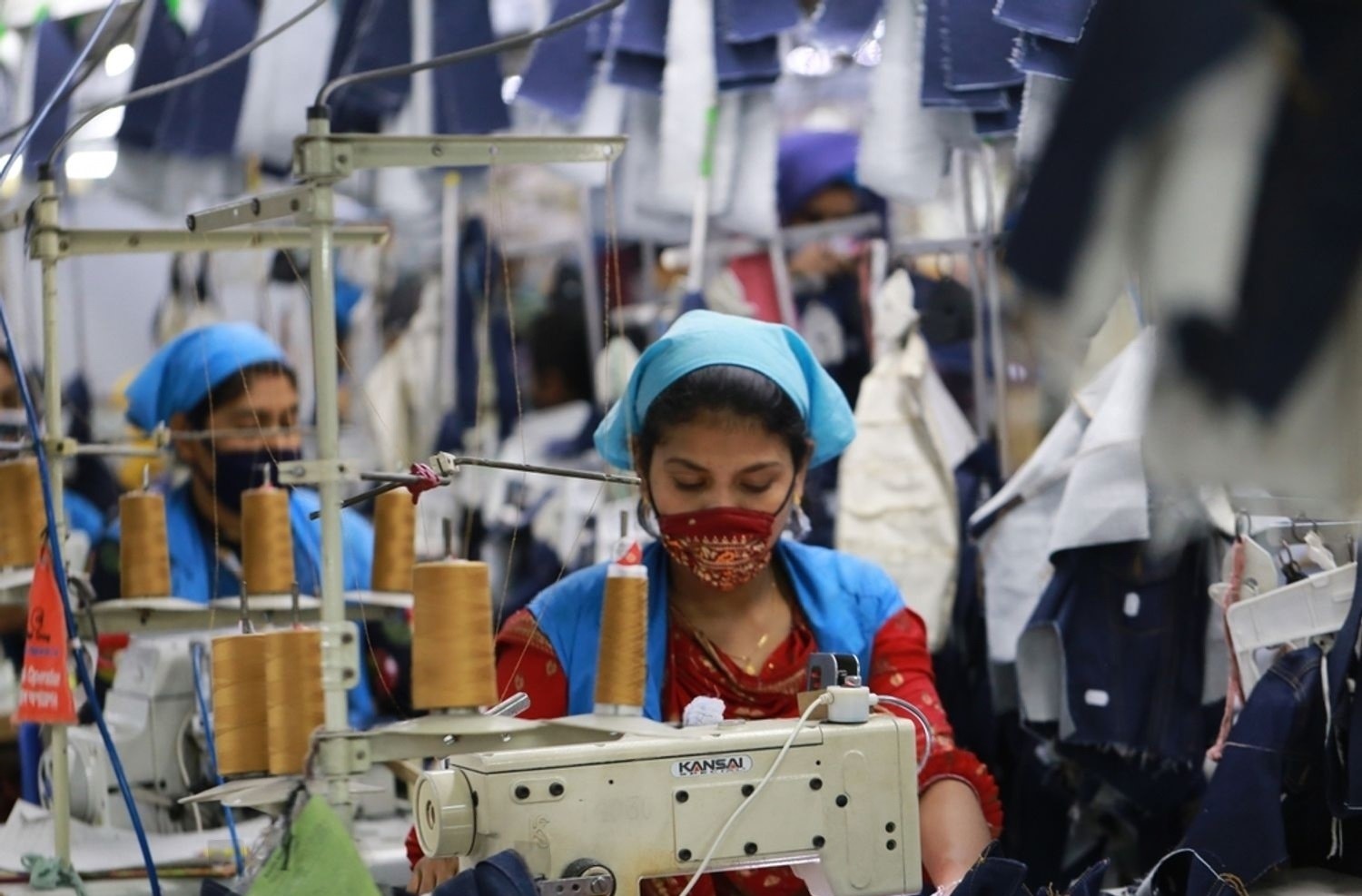APPAREL IMPORT RESTRICTIONS BANGLADESH READY-MADE GARMENTS SEA PORTS KOLKATA NHAVA SHEVA DOMESTIC MANUFACTURING SELF-RELIANCE TEXTILE INDUSTRY TRADE ROUTES EXPORT RESTRICTIONS COTTON YARN CONSUMER GOODS SUPPLY CHAIN MSMEs MAKE IN INDIA NATIONAL
MUMBAI, MAHARASHTRA, INDIA
By IFAB MEDIA - NEWS BUREAU - May 19, 2025 | 434 18 minutes read
India has implemented new restrictions on ready-made garment (RMG) imports from Bangladesh, limiting their entry to just two sea ports—Kolkata and Nhava Sheva. This move, announced on Saturday, is expected to raise the cost of apparel imports from the neighboring country, according to leading textile industry bodies.
The decision, which also bars a wide range of Bangladeshi consumer goods like plastics, wooden furniture, carbonated drinks, processed food items, and cotton waste from entering India through land routes, is seen as a step towards reducing the dumping of foreign-made garments and strengthening India's self-reliance in the apparel sector.
Impact on Trade Routes
Until now, the majority of RMG imports from Bangladesh, valued at approximately USD 634 million in 2024 and growing at a compound annual growth rate (CAGR) of 19% over the last decade, were primarily routed through land crossings in northeastern states like Meghalaya, Assam, Tripura, and Mizoram. However, the new restrictions will close these land routes, potentially disrupting the flow of Bangladeshi apparel into India.
The restrictions also come just five weeks after India ended a five-year-old arrangement for the trans-shipment of Bangladeshi export cargo to third countries via Indian airports and ports.
Industry Reactions
Rakesh Mehra, Chairman of the Confederation of Indian Textile Industry (CITI), emphasized the strategic nature of the move, linking it to Bangladesh's recent export restrictions.
"In April 2025, Bangladesh imposed a restriction on the export of cotton yarn from India, which traditionally accounts for nearly 45% of India's total cotton yarn exports. The latest decision by the Government of India is a strong and strategic response to this unilateral trade restriction by Bangladesh," he said.
Mehra added that this policy shift is likely to raise the cost of Bangladeshi garment imports while creating new opportunities for domestic RMG manufacturers and enabling Indian cotton yarn exporters to redirect their supply to the local market, potentially filling the demand gap created by the new restrictions.
Santosh Katariya, President of the Clothing Manufacturers Association of India (CMAI), welcomed the decision, noting that it addresses a long-standing concern over the unchecked influx of low-cost garments that have been impacting the competitiveness of Indian manufacturers, especially small and medium-sized enterprises (MSMEs).
"The decision is a timely step towards preventing the dumping of foreign-made garments and strengthening India's self-reliance in apparel production. At the same time, we believe this policy must be complemented with continued support for capacity building and ease of doing business for Indian manufacturers," he said.
The move reflects a broader effort by India to protect its domestic textile industry, enhance self-reliance, and reduce dependence on imports, aligning with the government's 'Make in India' initiative.









